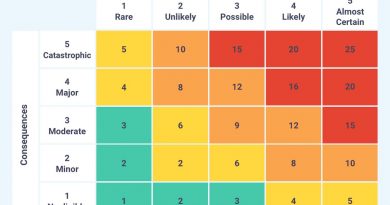Ripple Definition

Ripple Definition
Ripple is a blockchain-based payment network and protocol that uses its own cryptocurrency, XRP. It focuses on payment settlement, asset exchange, and remittance, similar to the SWIFT system used by banks and financial intermediaries.
Key Takeaways
– Ripple is a blockchain-based payment network and protocol with its own cryptocurrency, XRP.
– Ripple uses a consensus mechanism, involving bank-owned servers, to confirm transactions instead of mining.
– Ripple transactions are energy-efficient, fast, and cost-effective compared to Bitcoin.
– Ripple (XRP) is one of the most valuable blockchain-based tokens by market capitalization.
– While primarily intended for banks, the Ripple payment system is also open to individual investors.
Understanding Ripple
Ripple is a global payments network that enables the transfer of money in any form, including fiat currency and cryptocurrencies. It operates on a decentralized platform, serving major banks and financial institutions. XRP facilitates swift conversion between different currencies.
Ripple as a Digital Hawala Network
Ripple functions like a digital hawala service, where two parties use intermediaries to receive money without physical movement. It eliminates the need for trust networks through blockchain technology. Individuals and businesses can register and open gateways to exchange currencies, maintain liquidity, and transfer payments.
Ripple’s Digital Currency XRP
XRP acts as a bridge currency, enabling seamless exchange between different fiat and cryptocurrencies. Each currency on the ecosystem has its own gateway. Holding balances with a gateway exposes users to counterparty risk, similar to traditional banking systems. Users can transact through trusted gateways to mitigate risk.
How Ripple Works
Ripple relies on a consensus protocol, not a proof-of-work or proof-of-stake system. Transactions are confirmed by distributed nodes, preventing double-spending. The XRP Ledger records IOUs and transaction flows. While transaction history is publicly available on the blockchain, it remains anonymous.
Special Considerations
Ripple offers faster transaction settlement compared to traditional banks, with minimal fees. Transactions on Ripple cost significantly less and take seconds to complete, unlike Bitcoin.
Is Ripple Better Than Bitcoin?
Ripple transactions are more energy-efficient, faster, and cheaper compared to Bitcoin.
How Does Ripple’s Network Function?
Ripple network transactions rely on a consensus protocol to validate account balances and transactions. It operates differently than a PoW or PoS system.
How Is Ripple Different from XRP?
Ripple is a global payment network, while XRP is a cryptocurrency developed by Ripple for quick currency conversion.
The Bottom Line
Ripple is a decentralized blockchain that provides fast payment services using its native cryptocurrency, XRP.



